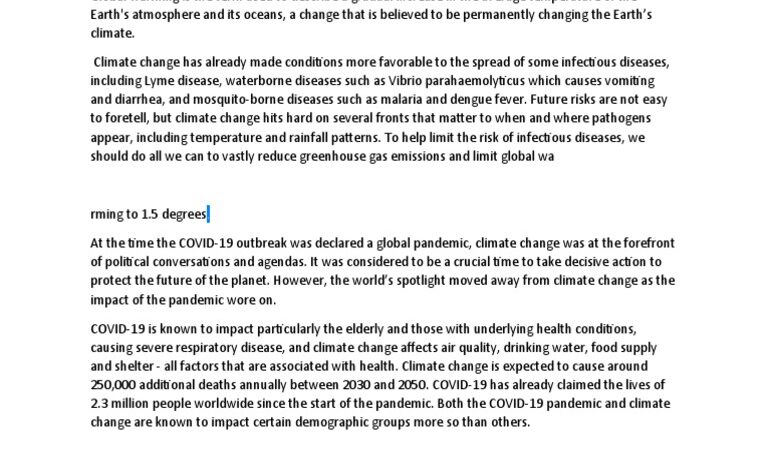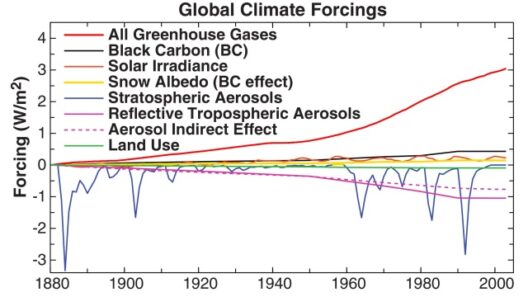The escalating consequences of global warming present a profound challenge to our biosphere, yet individuals wield significant power to ameliorate this crisis. The call to action is not a distant echo; it reverberates daily in our choices and actions. By adopting environmentally conscious practices, individuals can not only diminish their carbon footprints but also inspire collective change. Here’s a practical guide on how you can contribute to alleviating global warming.
1. Understanding Carbon Footprints
To travel the path of sustainability, begin by comprehending the concept of a carbon footprint. This term denotes the total amount of greenhouse gases emitted directly or indirectly through individual activities. It encapsulates everything from the energy consumed in homes to the food we eat. A key step in curbing global warming is recognizing the elements that contribute to your own carbon emissions.
2. Embrace Renewable Energy
Transitioning to renewable energy sources, such as solar, wind, and hydroelectric power, is critical. Advocate for clean energy solutions within your community when possible. Consider installing solar panels on your property. This investment not only reduces reliance on fossil fuels but often leads to significant long-term savings on your utility bills. Furthermore, by supporting policies that promote renewable energy projects, you can expedite a broader shift towards a sustainable economy.
3. Refine Transportation Choices
The transportation sector is a significant contributor to greenhouse gas emissions, but individuals can make impactful choices. Utilize public transportation whenever feasible. Carpooling, biking, or walking not only decreases emissions but also fosters community interaction. For those in the market for a new vehicle, consider electric or hybrid options, which can drastically minimize your carbon output. Moreover, advocating for improved public transit systems can benefit the broader population, enhancing accessibility while lowering emissions.
4. Optimize Home Efficiency
Energy efficiency in the home is paramount. Undertake an assessment of your residence to identify areas where energy conservation can be enhanced. Simple tasks such as sealing leaks, insulating properly, and utilizing energy-efficient appliances can result in substantial reductions in energy consumption. Additionally, adopting smart home technology enables you to monitor and control energy usage with precision, facilitating more conscientious consumption.
5. Rethink Food Consumption
The food we consume dramatically influences climate change. The production and transportation of food products contribute significantly to greenhouse gas emissions. Prioritize a plant-based diet; even small reductions in meat and dairy consumption can have a cascading effect on emissions. Supporting local farmers and seasonal produce not only emboldens local economies but also minimizes transportation distances, thereby reducing associated emissions.
6. Waste Reduction and Recycling
Landfills are notorious for emitting methane, a potent greenhouse gas. Commit to reducing waste by adopting practices such as composting, recycling, and utilizing reusable bags and containers. Familiarize yourself with the recycling protocols in your area, as efficient recycling can extend the lifecycle of materials, reducing the demand for new resources. Engaging in a zero-waste lifestyle may seem daunting, but even incremental changes can yield significant environmental benefits.
7. Conscientious Consumerism
Every purchase holds the potential to impact the environment. Approach consumer goods with a critical eye. Opt for sustainably sourced products, and research brands that prioritize environmental stewardship. Investing in ethically produced goods often supports responsible practices throughout supply chains, further mitigating global warming. By supporting green businesses, you foster a marketplace that values sustainability.
8. Water Conservation
Water scarcity is interconnected with global warming, and thus, conservation is vital. Implement techniques to reduce water waste: fix leaks promptly, use water-efficient fixtures, and harvest rainwater if possible. Simple changes, like collecting runoff from showers or reducing gardening water, can contribute significantly to conservation efforts. Enhance awareness in your community by discussing the importance of water conservation, catalyzing collective action.
9. Engage with Policy
Individual action is crucial, yet real change requires systemic reform. Educate yourself about climate policies and engage in advocacy. Attend town hall meetings, contact your representatives, and support legislation aimed at reducing emissions. Using your voice can galvanize change, making it clear to decision-makers that climate action is a priority for their constituents.
10. Foster Community Initiatives
Encouraging environmental initiatives within your community can yield profound benefits. Organize local clean-up events, tree-planting activities, or sustainability workshops. By creating a network of like-minded individuals, you not only amplify your impact but also cultivate a culture that values ecological responsibility. Community actions enhance individual efforts, leaning into collective power to drive monumental change.
11. Continual Education and Awareness
Lastly, commit to ongoing learning about climate change and its effects. The more informed you are, the better equipped you become to adapt your behaviors and advocate for effective solutions. Disseminate knowledge within your network to spark curiosity and proactive engagement. Helping others understand the intricacies of climate change fosters a community that is informed and ready to act.
Global warming is an urgent crisis demanding attention, but the contributions of individuals can cascade into substantial shifts for the planet. Each step taken towards sustainable living not only benefits the earth but also inspires those around you to do the same. In the fight against climate change, everybody can be a catalyst for change, nurturing a healthier planet for future generations.








